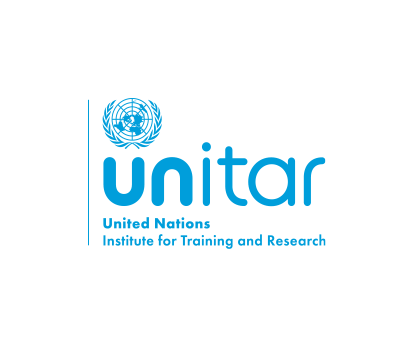
Strengthening the Institutional Framework for Sustainable Development (IFSD)
Participants will learn about the current institutional architecture concerned with sustainable development, emerging policy issues requiring an effective institutional response, and political challenges to advance reform as reflected in the negotiations leading up to, and during the Rio+20 Conference.
After completing the course, participants will be able to:
- Explain sustainable development challenges demanding effective international institutions
- Outline key milestones of developing and reforming international institutions concerned with environment and sustainable development
- Chart and analyze the current international IFSD
- Recognize linkages between international, national and sub-national sustainable development governance
- Analyze key policy issues relevant for the Rio+20 negotiations and beyond
- Assess options to strengthen the institutional framework for sustainable development
The course is composed of 5 modules:
- Module 1. Global Context and Emerging Challenges
- Module 2. Current Institutional Framework for Sustainable Development
- Module 3. Interface of International and National Sustainable Development Governance
- Module 4. Policy Issues Emerging From Rio+20
- Module 5. Options for Institutional Reform
The course targets groups and individuals that are interested in obtaining a general understanding about international sustainable development governance and latest developments. They include:
- Civil servants in national Ministries, provincial departments and local authorities
- Diplomats from Permanent Missions and Ministries of Foreign Affairs
- Environmental managers in private sector and civil society organizations
- Faculty, researchers and students
- Interested citizens
Certificate of Completion
A Certificate of Completion will be issued by UNITAR to all participants who complete the course-related assignments and assessments successfully.
- Platform: Windows 95, 98, 2000, NT, ME, XP or superior; MacOS 9 or MacOS X; Linux
- Hardware: 64 MB of RAM, 1 GB of free disk space
- Software:
- Adobe Acrobat Reader
- Adobe Flash Player
- Microsoft Office (Windows or Mac) or Open Office
- Browser: Internet Explorer 7 or higher or Firefox 3.6 or higher
- Modem: 56 K


A small number of full/partial fellowships are available for participants from developing countries working in the public sector, academia or non-profit organizations. Priority for fellowships will be given to applicants from Least Developed Countries (LDCs). For details please contact the
UNITAR Environmental Governance Programme at envgov@unitar.org